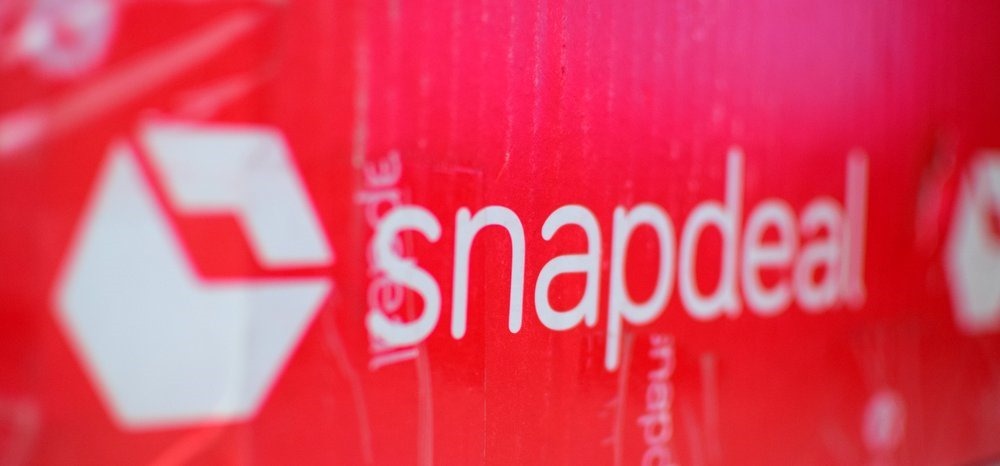Snapdeal Outrightly Rejects Flipkart’s Buyout Offer Of $700-800 Million; 2 Reasons For Failure!

In an interesting turn of events, Snapdeal has outrightly rejected Flipkart’s offer of $700-800 million buyout.
This means so many things – the crux being that Indian e-commerce’ largest acquisition has now stopped. But what happened suddenly, that Snapdeal decided not to sell themselves?
We analyse two possible reasons…
Reason #1: Objection By Some Board Members Regarding Payout
In May this year, it was almost confirmed that Flipkart will acquire Snapdeal at a valuation of little less than a billion dollar.
Everyone, right from the investors to founders were happy that this deal was finalised, because Snapdeal was undergoing massive losses, and they have already decided to fire 90% of their employees, an event which we termed as a Black Day for Indian eCommerce.
Due to this announcement of the possible deal, SoftBank, the majority stockholder in Snapdeal decided to infuse fresh funds, in order to complete the deal.
Since May, Ernst and Young had been conducting financial audits to determine any discrepancies or irregularities in the deal, and as per their study, there were no red flags.
However, the issue, most probably, came up after Azim Premji, a minority stakeholder in Snapdeal, objected to special payouts for the founders of Snapdeal, after the acquisition.
PremjiInvest, the investment body floated by Azim Premji, has invested Rs 152 crore in Snapdeal and owns 1.17% stake in the company.
Besides him, there are several other smaller investors as well: Tata Group Chairman Emeritus Ratan Tata, Ontario Teachers’ Pension Plan and BlackRock.
A few days back, it had emerged that Azim Premji is objecting to special payouts to the Snapdeal founders and early investors in Snapdeal.
Kalaari Capital and Nexus Venture Partners would have received $60 million (besides getting new equity in Flipkart), and founders, Kunal Bahl and Rohit Bansal, would have received $30 million.
These special payouts were planned by SoftBank, in order to get their approval for the merger.
But Premji objected to these special payouts to a special group of people and had written a letter to the Jasper Infotech Board regarding the same.
This is seen as a major reason for the disruption in finalising the deal. This boils down to one fact: Has $90 million stopped a merger of $900 million?
Reason #2: Structure Of The Deal
The structure of the deal is also a major concern, for completion of this merger.
First of all, Snapdeal is an Indian company, while Flipkart is registered in Singapore. Hence, taking approval and meeting guidelines by RBI was seen as a major hurdle. It seems that both Snapdeal and Flipkart failed to complete this requirement, and it proved to be the final hurdle.
Besides, the question of Freecharge and Vulcan Express, the logistics arm of Snapdeal also persists. Paytm can acquire Freecharge any moment now, but things are not finalised as of now, and confusion ensues.
And, TVS Logistics, India’s one of the largest third-party logistics company, and Future Supply Chain Solutions, founded by retail czar Kishore Biyani’s Future Group, both are interested in buying Vulcan Express.
The proposal of the buyout needs to be approved by Jasper Infotech Board, and then approval of 20 odd investors are required, for finalising the deal. Negotiations between Flipkart and Snapdeal will be on, as per reports.
But with so many hurdles, it seems India’s largest e-commerce merger will have to wait for some time.
Why do you think this deal fell through as of now? Do let us know by commenting right here!
